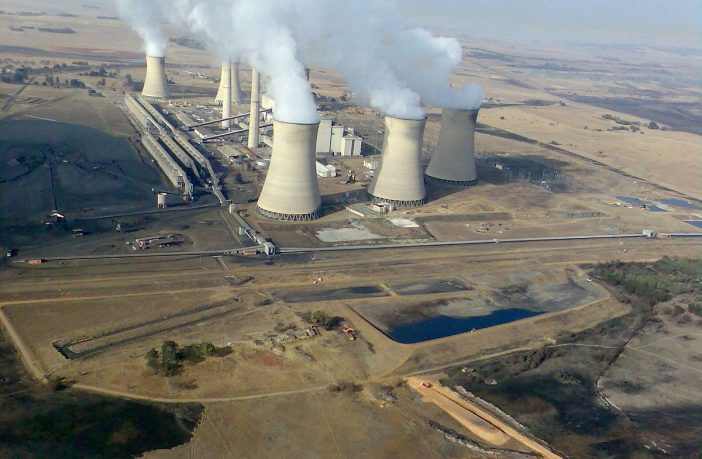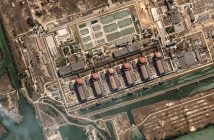- The High Court in Pretoria has ordered government to deliver crucial records relating to two preferred bidder coal-fired power stations.
- The outstanding records will give an indication of the extent to which the Minister and Department of Environmental Affairs considered the extremely high climate change impacts of the coal IPPs.
Earlier this week on Wednesday, the High Court in Pretoria ordered government to deliver crucial records relating to the judicial reviews instituted by groundWork and Earthlife Africa, represented by the Centre for Environmental Rights, to set aside the environmental authorisations for the two preferred bidder coal-fired power stations – Thabametsi and Khanyisa – under the Coal Baseload Independent Power Producer Procurement Programme (“the coal IPPs”).
The outstanding records, if and when received, should give an indication of the extent to which the Minister and Department of Environmental Affairs considered the extremely high climate change impacts of the coal IPPs.
Both court applications to compel the disclosure of the outstanding records were unopposed, with orders by agreement being issued for the government respondents (the Minister and the Department of Environmental Affairs) to dispatch the outstanding records within 10 days, and to pay the costs of the applications. Once the outstanding records have been received (or confirmations received that the records do not exist), the main review applications can proceed and the applicants will have an opportunity to supplement their founding affidavits.
“Yesterday’s court applications give a clear message that the legal challenges faced by the coal IPPs are very much alive, and that the delays by government in providing access to the necessary records for these cases are unacceptable,” says Robby Mokgalaka, groundWork’s Coal Campaign Manager.
The coal IPPs were included in the draft Integrated Resource Plan for Electricity published in August 2018, despite being highly contested by civil society because of, inter alia, their high costs which will add to already-increasing electricity prices for consumers, and their unacceptable impacts for human health and wellbeing, the environment – including water, and, importantly, the climate. These applications are also just one component of many multi-faceted legal challenges being faced by these proposed coal IPP power stations.
Eskom itself has also indicated its opposition to the coal IPPs.
There are also indications that the financing for these projects is on thin ice, with Nedbank – one of the financiers for both Thabametsi and Khanyisa – recently having withdrawn its funding, and First Rand reportedly withdrawing its commitment to fund Thabametsi. Standard Bank is also reported to have withdrawn from funding the projects. “It will become increasingly difficult for these projects to get funding, as more and more financial institutions are realising that funding coal is risky business, which will be faced with increasing civil society opposition” says Thabo Sibeko, Earthlife Africa’s Coal Campaigner.
Author: Bryan Groenendaal











